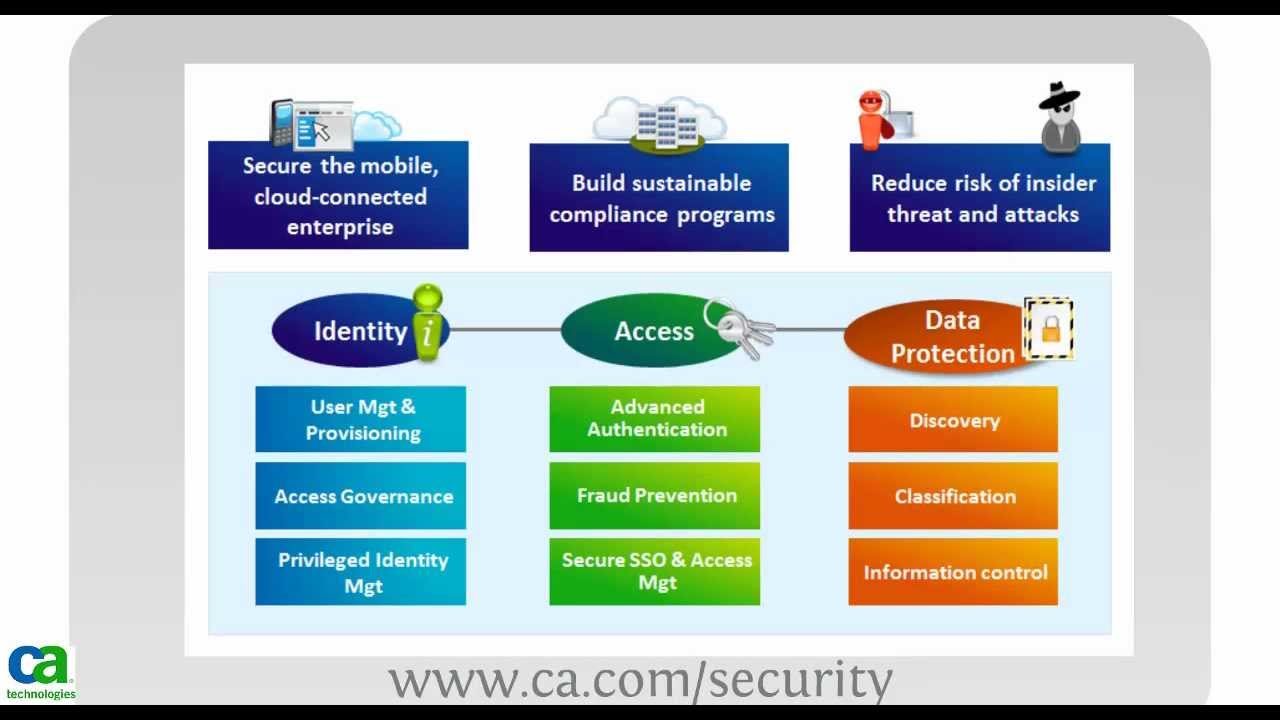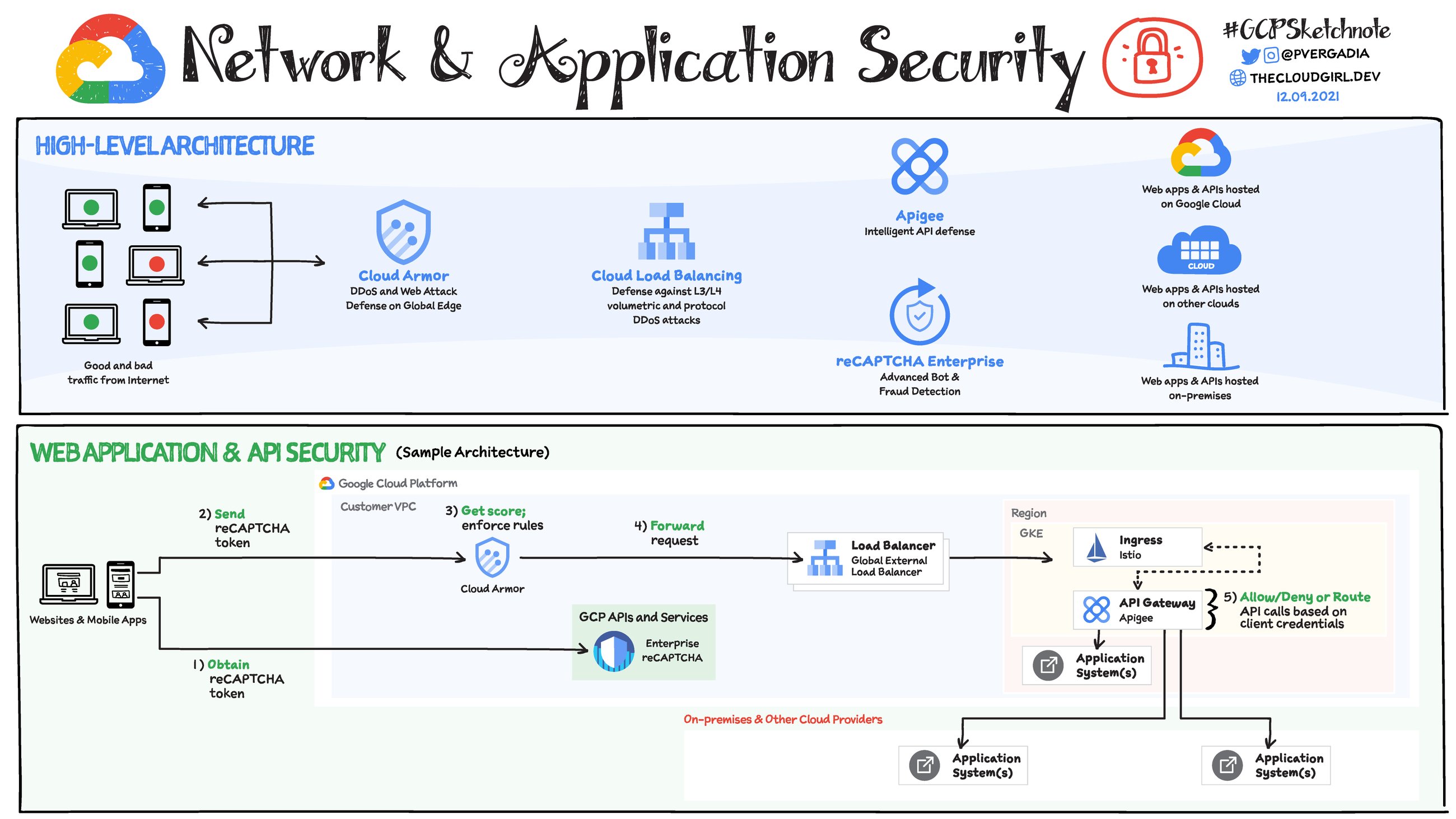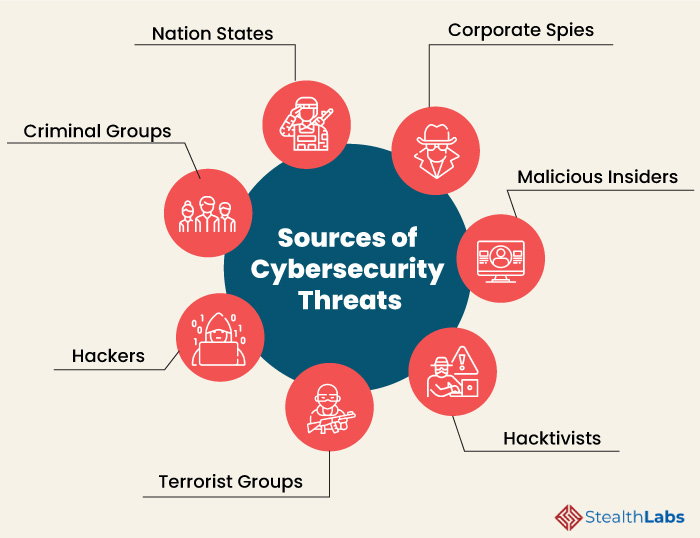
Orchid Security: Simplifying Identity Security Management with the Power of LLMs
Revolutionizing Identity Security
Orchid Security Inc., a burgeoning player in the cybersecurity landscape, recently announced a significant funding milestone—raising $36 million in seed funding. This capital will underpin the company’s mission to leverage large language models (LLMs) to enhance enterprise identity security orchestration. The startup’s innovative platform addresses the complex identity management challenges that enterprises encounter as they navigate a landscape filled with multifaceted applications across on-premises, cloud, and software-as-a-service environments.
 Modern solutions for complex security threats
Modern solutions for complex security threats
The typical large enterprise juggles hundreds of applications, complicating user monitoring, privilege assignment, and overall access control. As organizations grow and evolve, IT teams often integrate new applications, leading to fluctuating administrative privileges that can easily disrupt an organization’s established security posture. Orchid’s automated platform aims to mitigate these challenges before they escalate, reducing exposure to potential threats while minimizing manual errors and associated costs.
Harnessing the Power of AI and LLMs
Co-founder and CEO Roy Katmor emphasizes that the choice to incorporate LLMs into their strategy stems from the increasing sophistication of these models, particularly in their reasoning capabilities and code recognition. The advancements seen in models like OpenAI’s ChatGPT and Google’s Gemini have revolutionized their applications, allowing organizations to effectively manage complex scenarios that arise in identity security.
“With advancements in AI and LLM technology, we can now offer a solution that automatically assesses identity capabilities and exposures, considering target regulations, frameworks, and security best practices. This enables organizations to elevate and ensure consistency in their identity security posture while significantly reducing cost and time,” says Katmor.
The platform begins by creating an ongoing inventory of applications that detects connected self-hosted and cloud-based apps within a network. Utilizing LLM analytics enables Orchid to evaluate identity controls against compliance regulations effectively. This methodology not only highlights existing vulnerabilities but offers remediation strategies that assign accountability and enhance overall monitoring protocols.
 Integration of AI into security frameworks
Integration of AI into security frameworks
Trusted by Industry Leaders
Orchid has swiftly gained traction in the marketplace, securing partnerships with notable clients, including Costco Wholesale Corp. and Repsol S.A.. These alliances showcase the company’s capability to transform cumbersome identity management protocols into streamlined, efficient processes that allow businesses to function more dynamically.
Jon Raper, Costco’s Chief Information Security Officer, remarked, “Our objective with Orchid is to transform our largely manual process of onboarding applications, which can take weeks after release from development, into one that is highly automated and accomplished in just days. Orchid greatly improves our speed to delivery for business units.”
As part of its growth strategy, Orchid plans to channel the raised funds toward product development and recruiting efforts, aiming to expand its customer base across North America and Europe.
 Securing cloud applications efficiently
Securing cloud applications efficiently
The Broader Context of AI’s Evolution
While Orchid Security’s innovations are noteworthy, they should be viewed in the larger historical context of artificial intelligence. The term “artificial intelligence” was conceived over seventy years ago and has undergone multiple transformations, characterized by cycles of optimism and skepticism. From the inception of the Logic Theorist in 1955 by Herbert Simon and Allen Newell to the introduction of transformer models that have driven the recent boom in LLMs, the field of AI has seen its share of dramatic shifts.
In 1965, Herbert Simon predicted a future where machines could perform any task a human could do, and today, we see strides toward this vision with technologies that enhance efficiency and capabilities in various sectors, including cybersecurity. The 2022 release of ChatGPT, for example, exemplifies the rapid growth in AI user applications, indicating a growing reliance on these technologies in corporate environments.
The Future: Automation and Control
Orchid’s approach symbolizes a significant leap towards automated identity management solutions that can intelligently adapt to the complexities of modern enterprise environments. Automating identity security not only fosters robust security measures but also addresses the pressing need for compliance with evolving regulatory frameworks.
As organizations grapple with the challenges posed by an increasingly interconnected digital landscape, solutions like those offered by Orchid promise to mitigate risk while enhancing operational efficiency. The focus on identity security aligns with a broader strategy to combat potential cybersecurity threats that are becoming more prevalent as technology advances.
 Proactive measures against cyber threats
Proactive measures against cyber threats
In conclusion, as the potential of large language models continues to unfold, the integration of AI within cybersecurity frameworks is likely to become essential. The capabilities demonstrated by Orchid Security underscore the importance of advanced technological solutions in safeguarding business operations and how the continual evolution of AI plays a central role in this journey.
With rapid advancements and the increasing prevalence of AI, the realm of cybersecurity may well be on the cusp of a transformation that could redefine the relationship between technology and security practices across industries. Organizations must be prudent, embracing these innovations while ensuring that their identity security measures are both proactive and adaptive to the ever-changing threat landscape.















